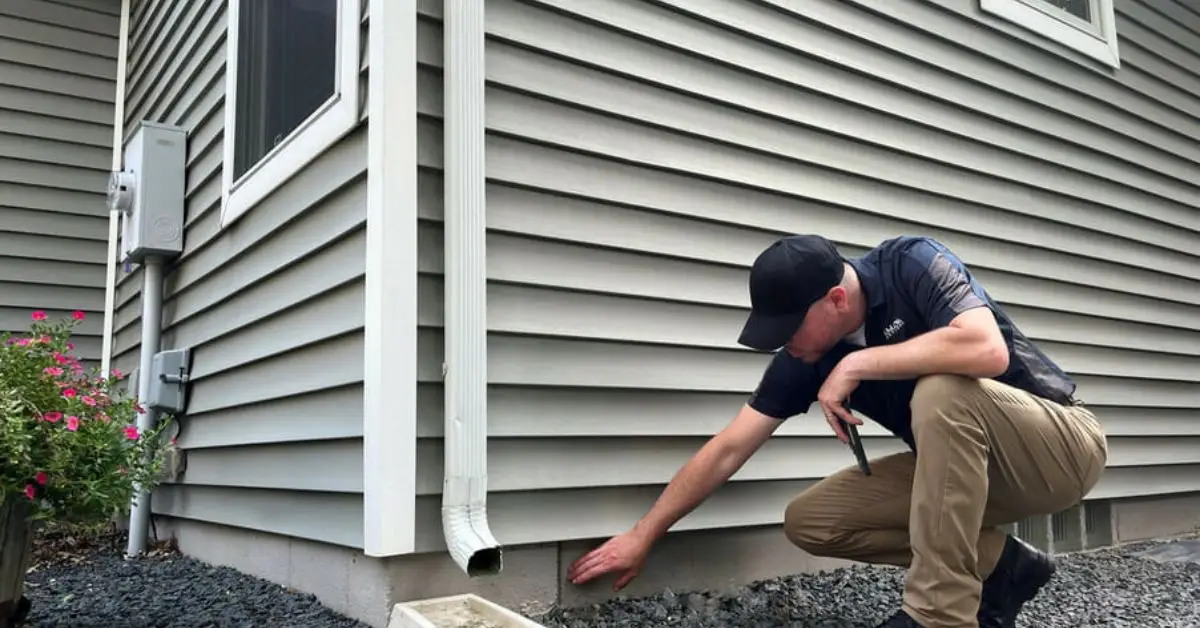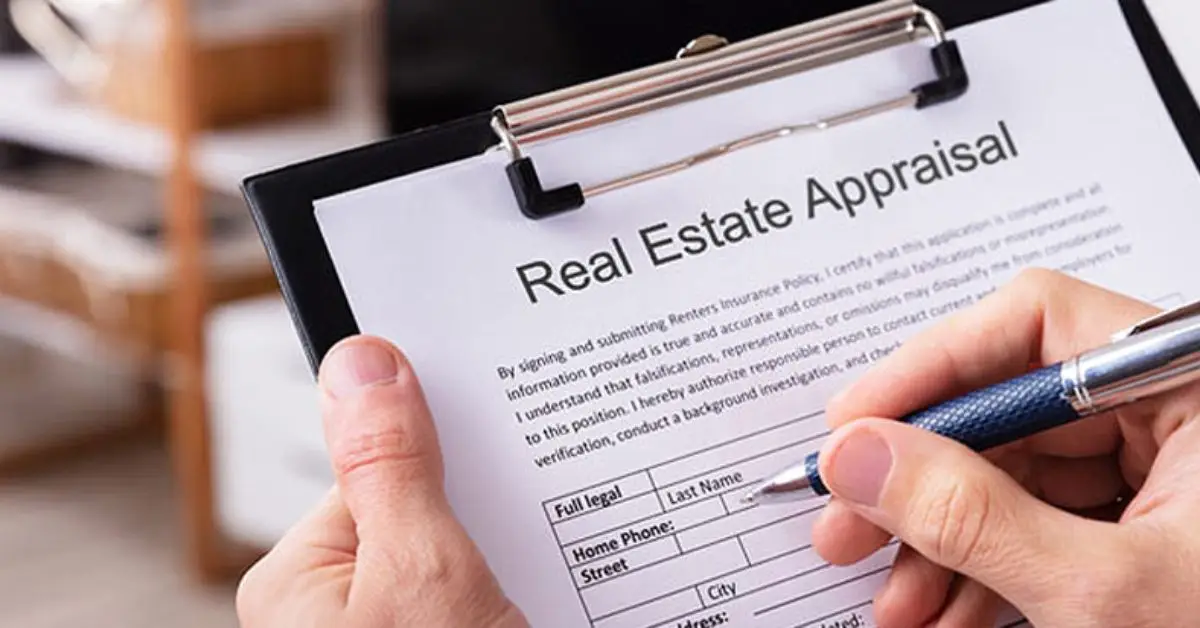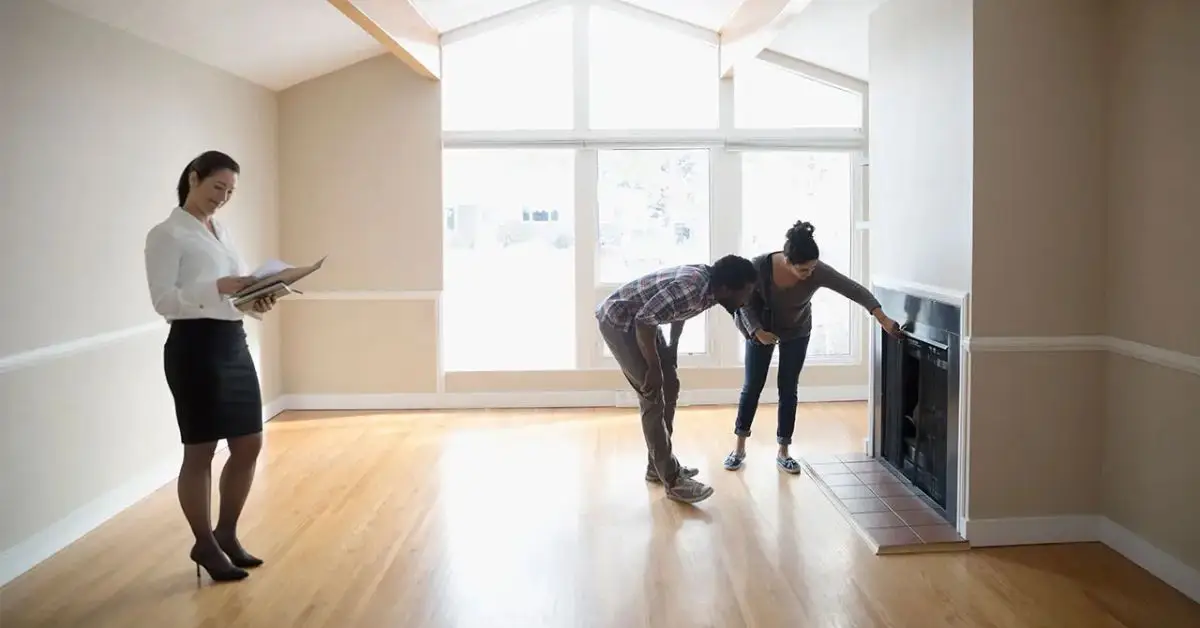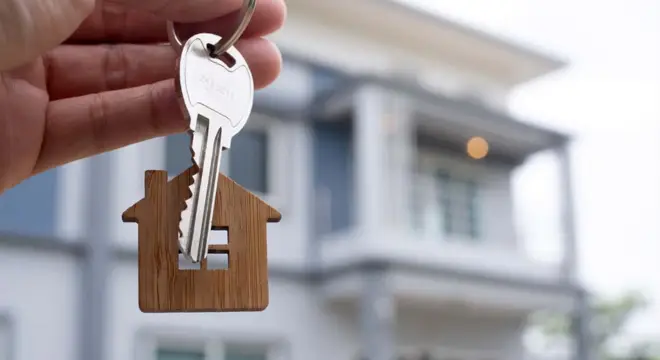Don’t Let Your Home Sale Fall Apart: Do These 10 Things Post-Contract
The moment your house goes under contract, it feels like a win—and it is. But let me be honest: this is where most deals start to wobble.
You’ve still got inspections, paperwork, deadlines, and a dozen tiny things that can quietly derail everything if you’re not ready.
I’ve seen sellers lose deals over small delays. I’ve seen buyers get blindsided by repairs, bad appraisals, or missed disclosures.
That’s why this guide isn’t just another checklist. It’s the real sequence of what to do after your house goes under contract, based on what actually happens—not just what the internet says should happen.
So whether you’re selling, buying, or just trying to keep your cool until closing day—here’s what you need to do next, in the exact order that keeps things moving.
Let’s make sure this deal actually makes it to closing.
1. Show You’re Serious: Send Earnest Money and Due Diligence Fee
The first real step after your offer gets accepted? Put your money where your signature is.
That means sending the earnest money deposit—a good faith payment that shows the seller you’re committed. In some states, like North Carolina, you’ll also owe a due diligence fee. This gives you the right to inspect the property and walk away during the due diligence period if something doesn’t check out.
These payments aren’t a formality. Miss the deadline, and the seller can legally cancel the contract. I’ve seen buyers lose homes over a 24-hour delay.
Make sure your agent or attorney confirms exactly where the funds need to go—usually an escrow account or the closing attorney’s office. Wire it or hand-deliver a certified check, but don’t leave it hanging.
Pro tip: Always confirm wire instructions by phone. Email fraud involving escrow funds is more common than people think, and the losses are serious.
This step makes your offer legally and financially binding. It also triggers the inspection timeline, so any delay here can create a domino effect later in the process.
2. Loop In Your Full Real Estate Team—Immediately
Once the contract is signed, your agent knows. But does your lender? Your inspector? Your attorney, if you’re using one?
This is where many buyers quietly lose time—by assuming people are already working behind the scenes. They’re not. Everyone involved in your deal needs a green light from you to get moving.
If you’re a first-time buyer navigating all of this for the first time, this step-by-step guide to buying your first home in 2025 will walk you through the bigger picture.

So don’t wait. Call your lender to confirm they’ve received the signed contract. Book your inspection early—slots fill fast, and your due diligence window is ticking. And if your state requires an attorney or closing agent, make sure they’re on board now, not a week from now.
If you’re unsure who handles what, ask your agent to send an introduction email looping in the full team. It keeps everyone aligned and accountable.
You can’t afford crossed wires once the countdown to closing begins.
The contract might be signed, but nothing moves until your team does. Early coordination prevents missed deadlines, surprises, and last-minute chaos—especially when things get complicated.
3. Submit All Lender Documents and Lock Your Interest Rate
Now that your lender’s in the loop, it’s time to move fast.
They’ll likely request updated financial documents: pay stubs, tax returns, bank statements, debt info—sometimes even things you’ve already submitted. Don’t take it personally. Underwriters are thorough, and the sooner you respond, the smoother this will go.
If you haven’t locked your interest rate yet, talk to your loan officer. Timing here is everything. Rates can change daily, and locking it too late could cost you thousands over the life of your loan.
Your rate lock usually ties directly to the property address, so this is the moment to finalize it. Don’t wait until inspections or appraisals are done—that’s too late.
According to Tidewater Mortgage Services, it’s critical to get your lender everything they need within the first 48 hours after going under contract. Rate locks, disclosures, and early underwriting all depend on it.
Your financing is the backbone of this deal. Any delay here can push back the closing date—or kill the contract altogether. Moving quickly protects your rate and keeps your file at the top of the lender’s priority list.
4. Schedule Your Home Inspection — and Be There If You Can
The clock is ticking. Most contracts give you a limited due diligence window to inspect the property and decide whether to move forward, renegotiate, or walk away.
That means scheduling your home inspection right away—ideally within the first few days. The sooner it happens, the more time you have to respond to what it uncovers.

I always recommend buyers attend the inspection in person. It’s your chance to see the house through a professional’s eyes—not just in photos or PDFs. Ask questions, take notes, and don’t be afraid to speak up.
Depending on the home and location, you might also want to add specialized inspections: radon, termite, mold, septic, foundation, roof, or HVAC. Your agent or inspector can help flag what’s relevant. If you’re buying new construction, don’t assume it’s problem-free—here are 10 tips you must know first before the slab is poured or the paint dries.
This is your one shot to fully understand what you’re buying. A good inspection can reveal hidden deal-breakers—or give you leverage to negotiate repairs or credits before closing.
5. Review the Title Commitment and Get a Full Property History
Once your contract is in motion, the title company or attorney will run a title search—a legal check to confirm the seller truly owns the property and that it’s free of liens, unpaid taxes, or legal claims.
This part often happens quietly in the background, but don’t ignore it. Ask to review the title commitment when it’s ready. You’re looking for red flags: utility easements, old mortgages, boundary disputes, or anything unexpected tied to the land.
In some cases, you may want to dig deeper. If the property is older, part of a historic area, or near a floodplain, ask about local conveyancing searches—especially if you’re in a state where these aren’t standard.
Also confirm that your title insurance policy will cover any risks flagged—and that it protects both you and your lender. Not all policies are created equal.
A bad title can derail your closing or haunt you years later. Doing your due diligence here protects your investment, your peace of mind, and your legal right to the home.
6. Prepare for the Appraisal — and Know What Happens If It Comes in Low
The appraisal isn’t just a box to check—it’s one of the few steps that can completely change your deal.
Once your lender orders it, an independent appraiser will visit the home to assess its market value. They’ll look at the property, compare recent sales, and issue a report stating what they think the home is worth.
If the appraisal matches or exceeds your purchase price, great. But if it comes in lower than what you’ve offered, you’ve got a problem.

You’ll either need to renegotiate the price, pay the difference out of pocket, or walk away—depending on your contract terms and how flexible the seller is.
Ask your agent for nearby comps ahead of time so you’re prepared if a dispute comes up. In rare cases, you can challenge the appraisal, but it’s not easy—and the clock is ticking.
The appraisal directly affects how much your lender is willing to give you. If the numbers don’t line up, the deal could fall apart unless you’re ready with a plan B.
7. Secure Homeowners Insurance — and Consider a Home Warranty
Before you can close, your lender will require proof that you’ve lined up homeowners insurance. It’s not just a formality—it’s a must-have protection for both you and your lender in case something goes wrong after you take ownership.
Start shopping quotes early. You’ll need to choose coverage that meets lender requirements, but also makes sense for your needs—especially if you’re in an area prone to flooding, wildfires, or storms. Be sure to ask about exclusions and deductibles.
Many buyers also consider a home warranty at this stage. It’s optional, but it can help cover major appliances and systems (HVAC, plumbing, electrical) if they break down within the first year.
Once you’ve chosen a policy, send the declaration page to your lender or closing attorney so they can finalize the paperwork.
Without insurance, you can’t close. And without the right coverage, you’re exposed to major financial risk the minute you get the keys. Getting this step done early gives you peace of mind and avoids last-minute scrambling.
8. Set Up Utility Transfers Before Closing
One of the most common last-minute oversights? Forgetting to transfer utilities.
Don’t wait until move-in day to find out there’s no water or power. Call the utility companies at least a week before closing to schedule transfer of service into your name, effective on the closing date—or the day after, if the seller is staying briefly.
This includes electric, gas, water, trash, sewer, and sometimes internet if the provider is property-specific. In some areas, the seller is responsible for disconnecting; in others, the buyer must initiate service.
UpHomes advises buyers to confirm utility transfer timelines early, as some companies require advance notice or a deposit—especially for first-time customers.
Also, confirm the seller hasn’t scheduled a disconnect too early. You don’t want the HVAC off during your final walk-through or move-in.
No one wants to move into a dark or freezing house. Utility gaps can also damage the property—pipes can freeze, sump pumps can fail. Taking care of this now prevents avoidable stress on closing day.
9. Do a Final Walk-Through — Don’t Skip It
Right before closing, you’ll have the chance to walk through the property one last time. It might seem like a formality, but this step is your final safety net.
Use this time to make sure everything is still there—and still working. Check that any repairs you negotiated have actually been completed, that no new damage has occurred, and that the home is in the condition you agreed to in the contract.

Bring a copy of your repair addendum and inspection report. Run faucets, flush toilets, test outlets, check appliances, and turn on the heat or AC.
If anything looks off, speak up immediately. Don’t assume you’ll “just fix it later.” Once you sign those closing documents, it’s your responsibility.
According to Real Advantage Partners, the final walk-through is the last chance to confirm the seller’s obligations were met—and to delay or adjust closing if something’s wrong.
Schedule the walk-through for the day before or morning of closing, when the seller has moved out or nearly finished. If they’re still in the home, it’s harder to verify condition.
After closing, your legal options are limited. A final walk-through ensures you’re not inheriting unfinished repairs, missing fixtures, or damage that wasn’t there before.
10. Review Your Closing Disclosure and Prepare Final Funds
You’re almost there—but don’t coast to the finish line just yet.
A few days before closing, your lender will send you the Closing Disclosure (CD). This document outlines your final loan terms, interest rate, monthly payment, and all closing costs. Read every line. Compare it to your original Loan Estimate. If something looks off—ask immediately.
You’ll also get instructions on how to deliver your closing funds. This usually involves wiring a certified amount to the escrow or attorney’s account. Triple-check the details by phone (not just email) to avoid wire fraud, which is a growing and dangerous threat in real estate.
Your lender may also ask for a final credit check or updated pay stub—don’t take on new debt or change jobs at the last minute unless you want your approval to unravel.
As Raleigh Realty points out, many deals fall apart days before closing because of preventable mistakes—like missing wire instructions or buying a new car before funding clears.
Bring a government-issued ID to closing, and block out at least an hour to review and sign everything calmly. If you’re out of state, ask about remote or mobile closing options. Also, if you want to avoid some of the biggest mistakes that derail home deals (many of which aren’t talked about enough), check out this guide on 8 common home buying and selling mistakes—and how to steer clear of them.
Bonus: Know Your Contingencies — and What Happens If Things Fall Apart
Even after you’re under contract, the deal isn’t done until the ink dries at closing. That’s why it’s critical to understand the contingencies in your agreement—what protects you, and what could still go wrong.
Common contingencies include financing, appraisal, inspection, and sale of your current home. Each one gives you a legal way out if something unexpected happens. But they also have strict deadlines. Miss one, and you could lose your deposit—or worse, get sued for breach of contract.
And here’s a reality most people don’t talk about: not every contract closes. In fact, around 10–12% of home sales fall through, often due to financing issues, appraisal gaps, or inspection disputes.
According to Better Homes & Gardens, these are the most common reasons deals collapse—and why smart sellers often keep a backup offer in hand.
If you’re a buyer, you need to move with confidence, but also caution. If you’re a seller, don’t count the sale as done until the funds are wired.
Need more guidance as you navigate your home sale or purchase? Visit Build Like New for practical tips, expert checklists, and no-fluff advice to help you move forward with confidence.
Disclaimer: This article is for informational purposes only and does not constitute legal, financial, or real estate advice. Always consult your licensed real estate agent, attorney, or financial advisor for guidance specific to your situation.


